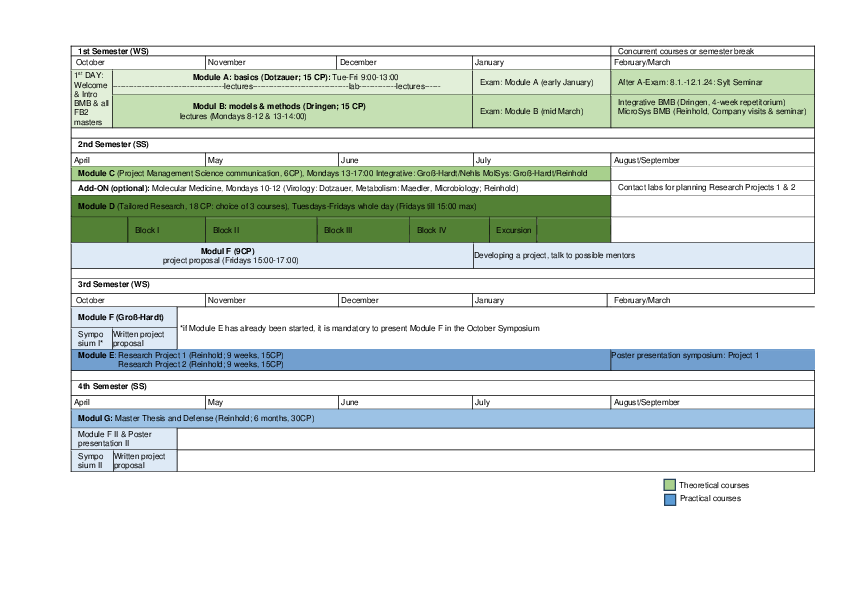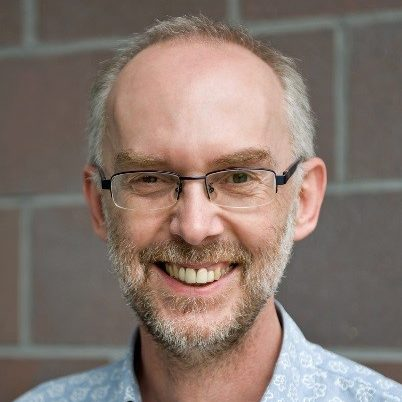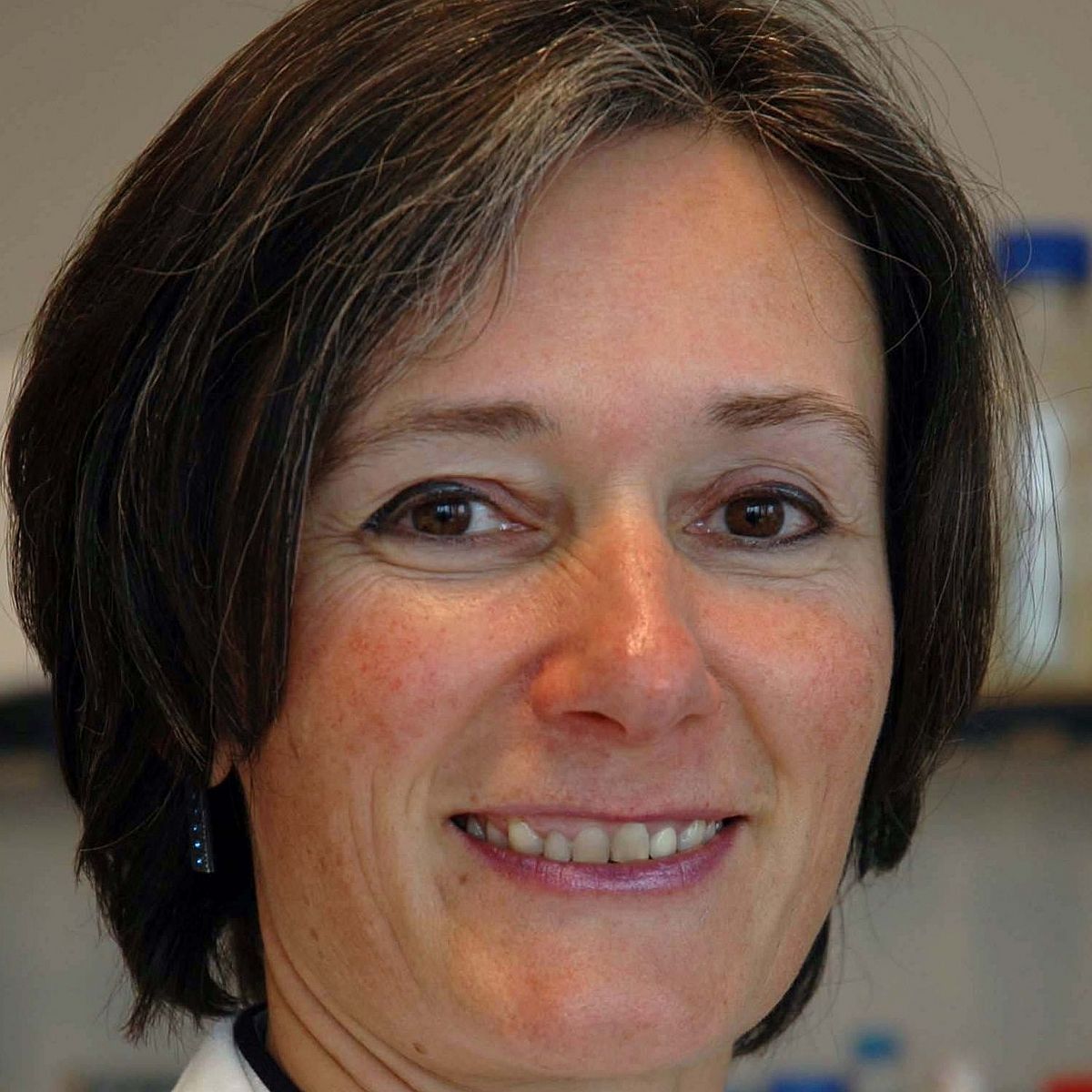MicroSys excursion to visit companies and check out prospective career options.
Study structure

MicroSys company visits
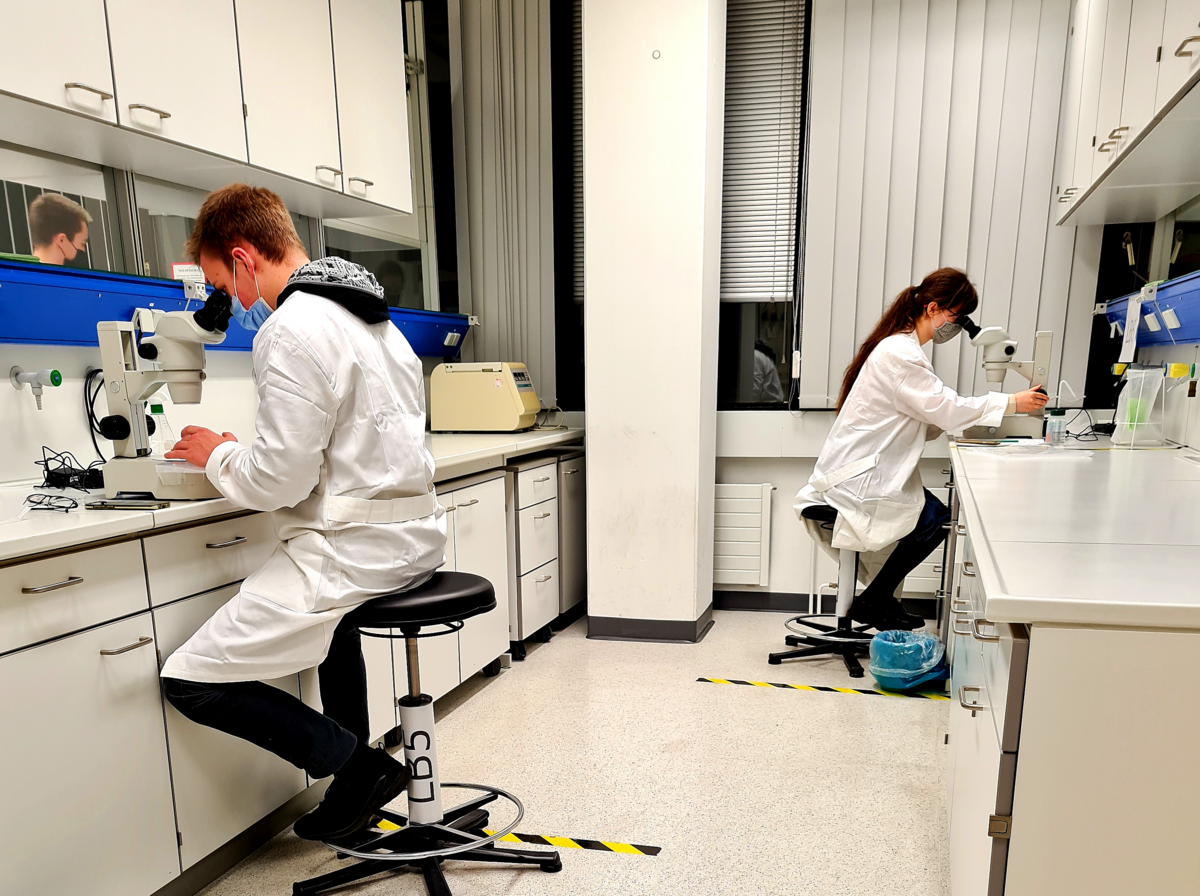
Working with C. elegans
Bench work with the nematode C.elegans to study protein folding.
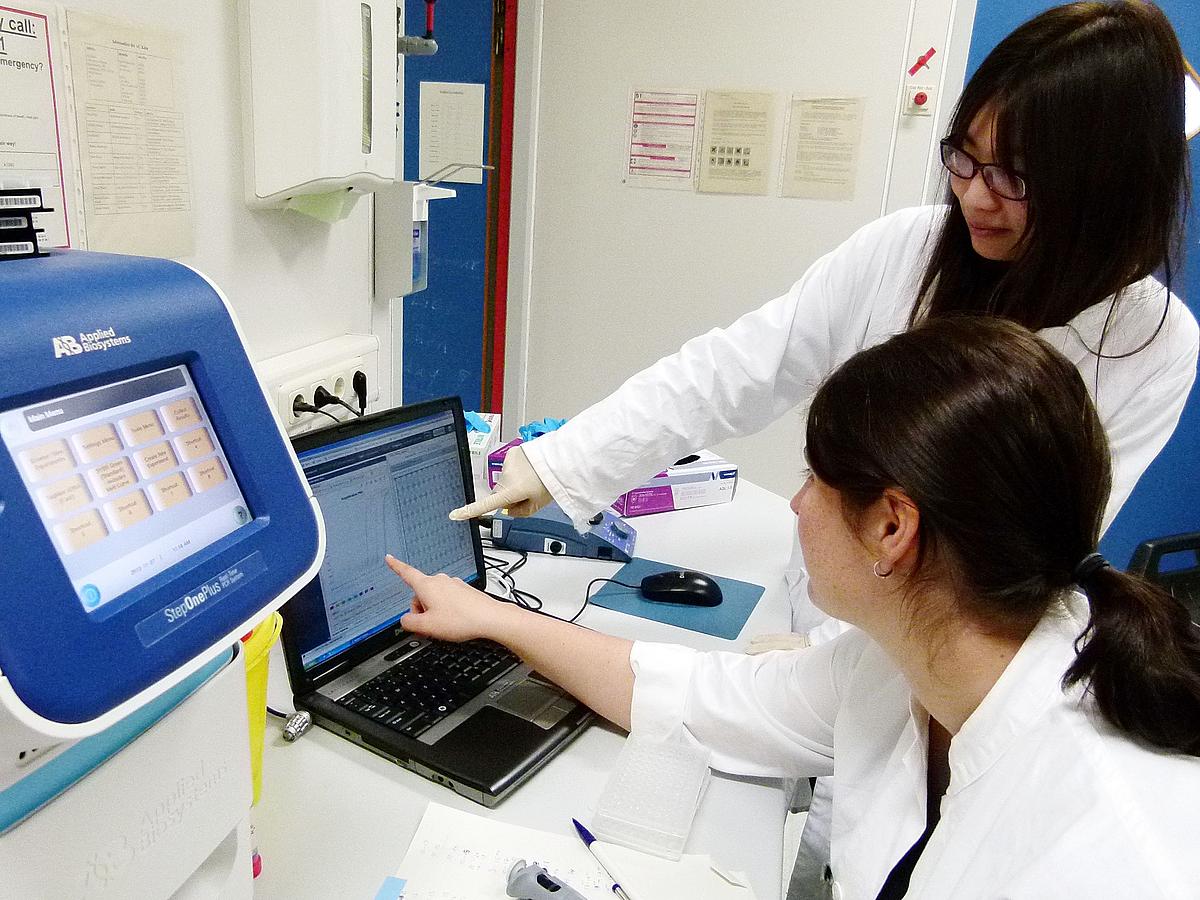
In the lab
Analysing qRT-PCR data.
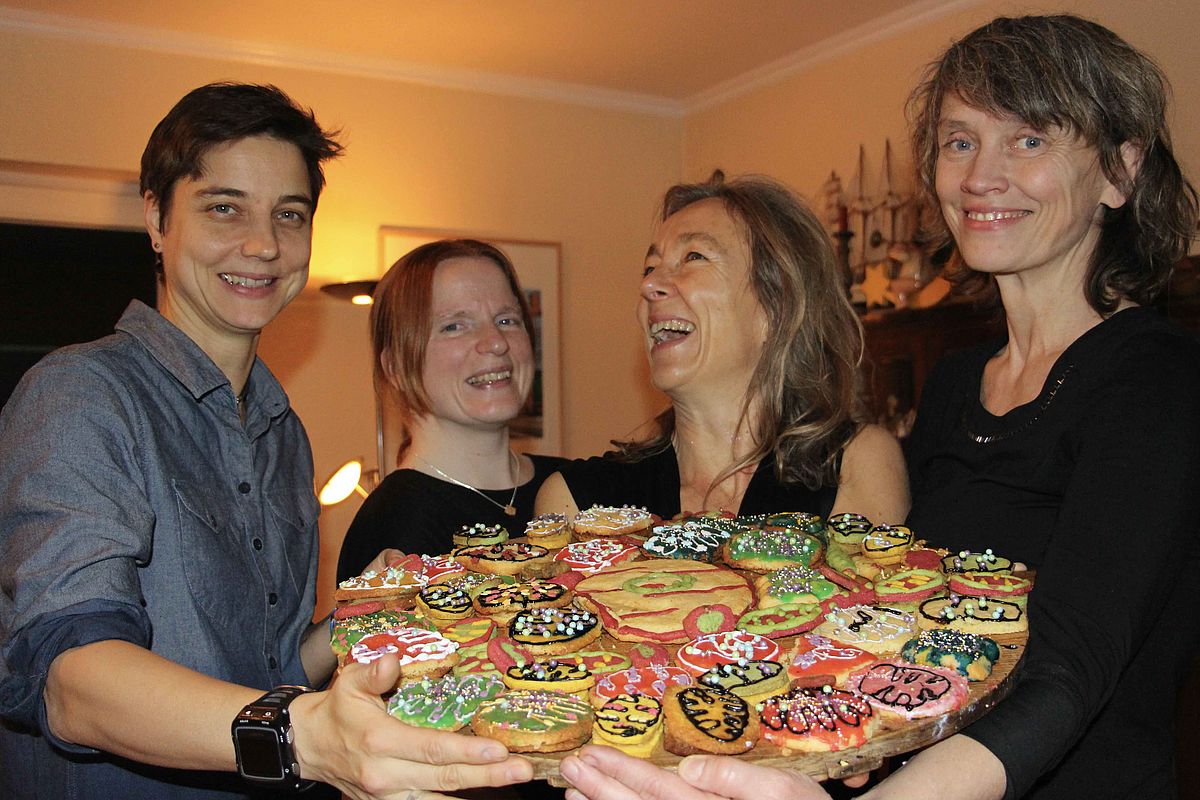
Bake-off
The great mitochondrial bake off: from left to right: OliviaMasseck, Janine Kirstein, Kathrin Mädler and Rita Groß-Hardt.

DNA
The blueprint of life on our skin! DNA tattooing on Campus Day.
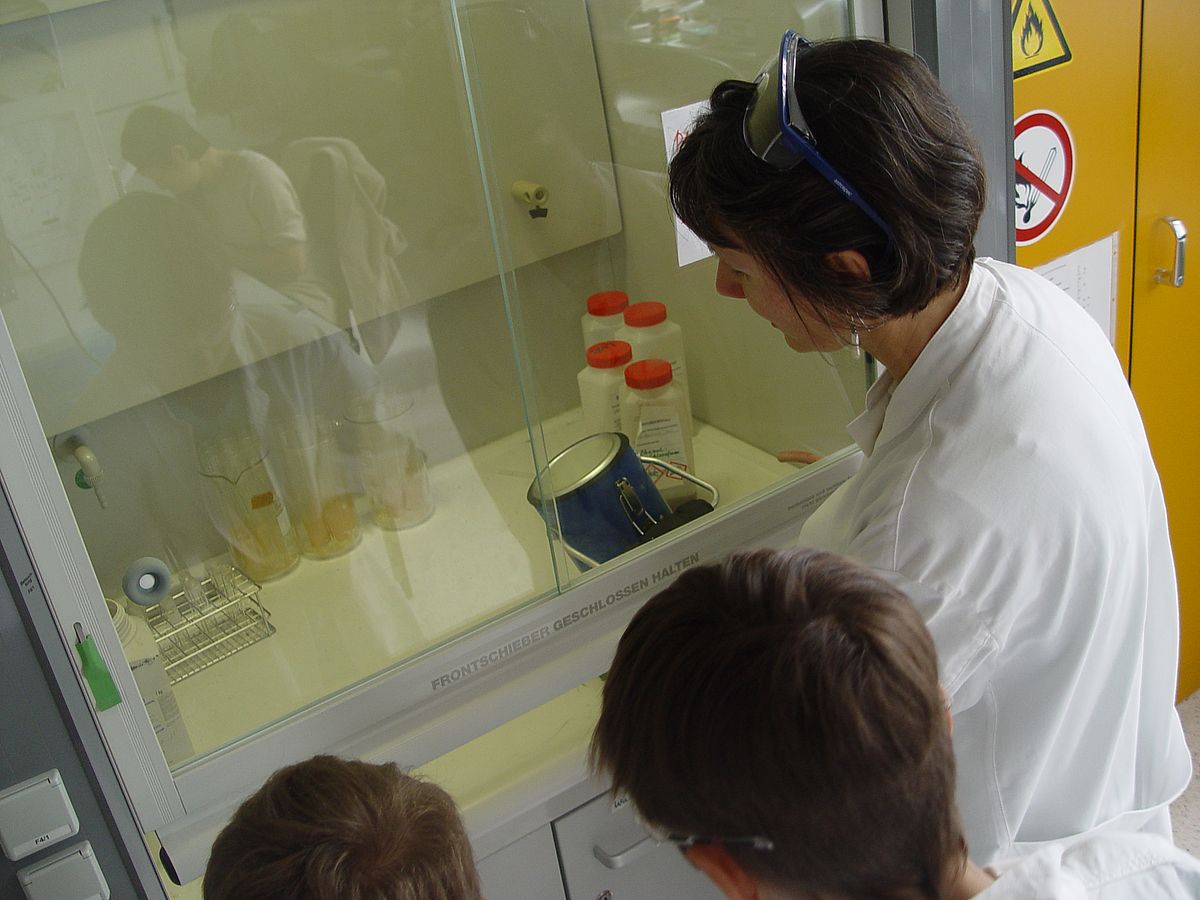
Microbiology 101
You cannot start early enough to become a scientist. Prof. Reinhold-Hurek shows school kids how to work in the lab.
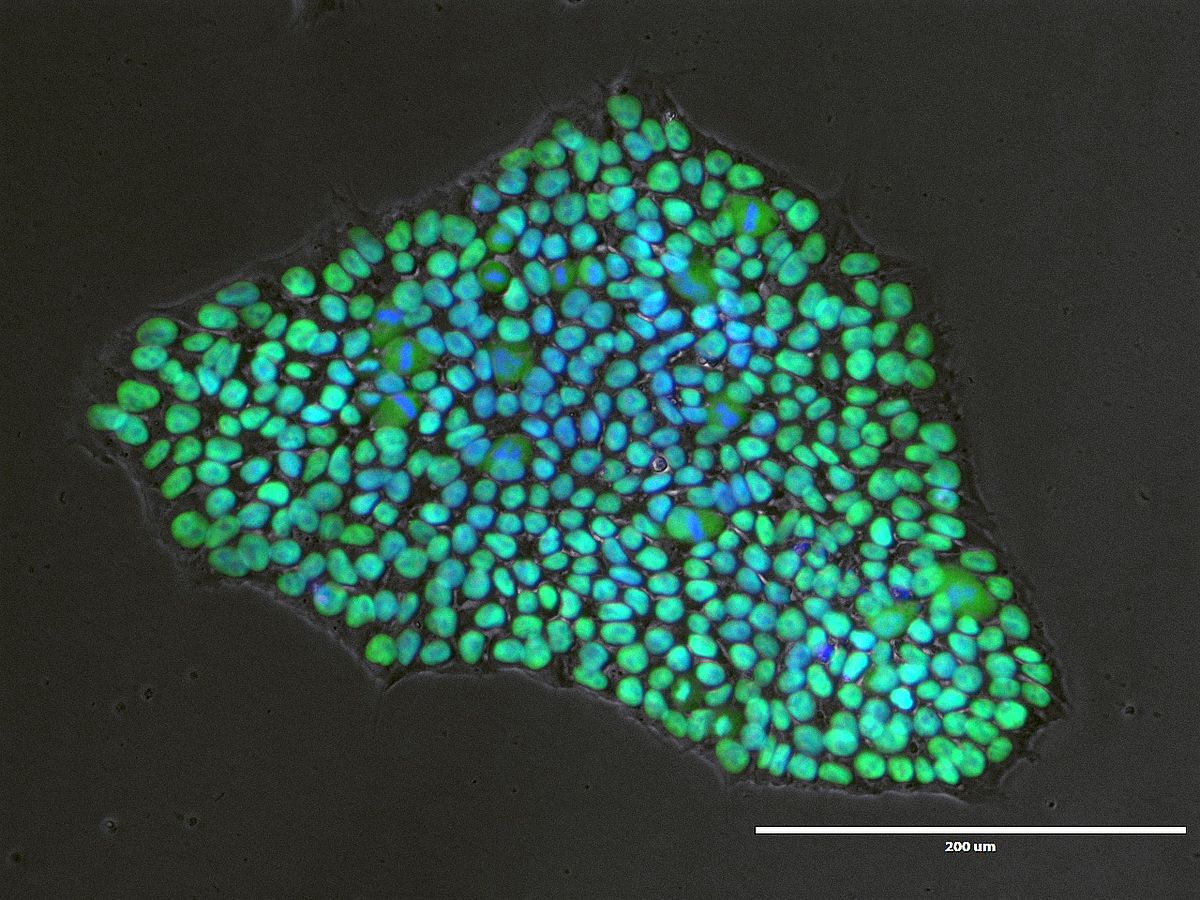
Stem cell colony
Stem cell colony that expresses the correct marker OCT4 (in green). The chromatin is depicted in blue (DAPI staining).
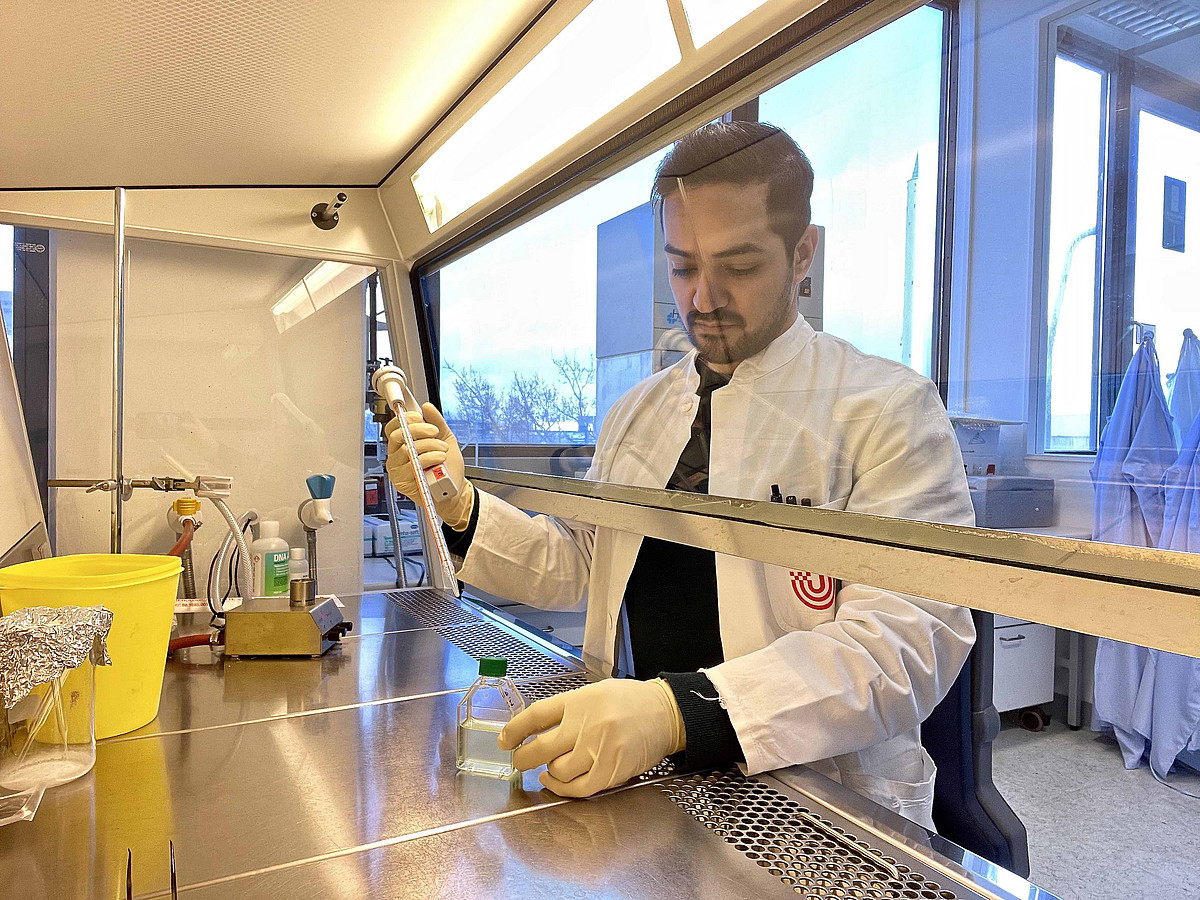
Lab work
Mario Waespy at the bench
Facts & Figures
Duration: 2-year-program
Credits per year: 60
Language of instruction: English
Accreditation/ Evaluation: until September 30, 2024
according to the system accreditation of the University of Bremen by AAQ Swiss agency of accreditation and quality assurance.
Formalities
Subject-specific bachelor examination regulations
July 2021; in German only
General bachelor examination regulations
February 2021; in German only
Starting point for diverse careers
The first semester is devoted to the basics of Biochemistry and Molecular Biology as well as state of the art methods and tools. This will provide the foundation for your subsequent studies. The BMB master program allows you to develop your individual profile by selecting different modules and lab rotations in our research labs.
At the end of the first term, students can then choose between two tracks: "Integrative BMB" and "Microbial Systems".
Integrative BMB
The Integrative BMB track will provide you with a broad eduction in Biochemistry and Molecular Biology using an interdisciplinary training in methods and multiple model organisms such as plants, fungi, human /mammalian cells, rodents & nematodes.
Microbial Systems
The Microbial Systems (MicroSys) track offers students to focus on molecular microbiology, diversity, and options to tap into industrial applications. The Universities of Applied Sciences Bremen and Bremerhaven are participating in this track.
Degree curriculum
Modules D
Any of the listed modules can be studied by all students. At least two modules with asterisks should be studied to achieve a MicroSys specialization:
Atomistic modelling of biomacromolecules Bacterial Genomics: Bioinformatics, mutang construction and proteomics Cell physiology of marine organisms: cellular energy budget and metabolic fingerprintings Functional Analysis of Bacteria-Plant Interactions: Transcriptomics, Advanced PCR Techniques and Bacterial Mutant Assessment Functional Genomics of marine eukaryotes | Investigation and engineering of plant reproduction using state of the art gene editing tools Molecular Virology MRI and MRS in biomedical research Plant and fungal transformation as tool for functional analysis and in vivo visualization
|
The selection of three different practical courses among more than 10 offered courses on hands-on research projects will provide you with a wide variety and specialization to design your own BMB profile.
Mandatory modules
Module A | In lectures, interactive seminars and laboratory courses you will acquire the basics in Biochemistry and Molecular Biology. |
Module area B | Here you can already select on a specialization (Bioorganic Chemistry, Glycobiochemistry, Biophysics or Microbial Systems) and to get familiar with model systems, tools and techniques. |
Module C | In this module you will first learn and then apply project management skills to organize and set up a class for BSc students to build and improve your teaching skills. You will also get a chance to organize the subsequent BMB symposium for you and your peers (Integrative BMB), or to get an introduction into the legal affairs of science i.e. intellectual property rights and patents (MicroSys). |
Module E | Among all BMB labs you can choose 2 labs for your lab rotations to become a valid lab member in the respective lab for 2 months and work as scientist on ongoing research tasks. You will get the opportunity to present your obtained data as a poster presentation at the BMB conference. |
| Module F | You will learn how to draft and defend a scientific project proposal at the BMB symposium. For the project proposal you will first identify a biological question and then select techniques from the engineering or biophysical disciplines to address the problem. |
Module G | MSc thesis in one of the BMB labs. |
Downloads
BMB Course Time Table 2023/24
File name: Time_table_BMB23.pdfLast update: 11.10.2023Master's Program Biochemistry and Molecular Biology for Summer Term 2024
File name: MT_Master_Biochemistry_and_Molecular_Biology_32575_3_en-2.pdfLast update: 10.01.2024
Who is who?
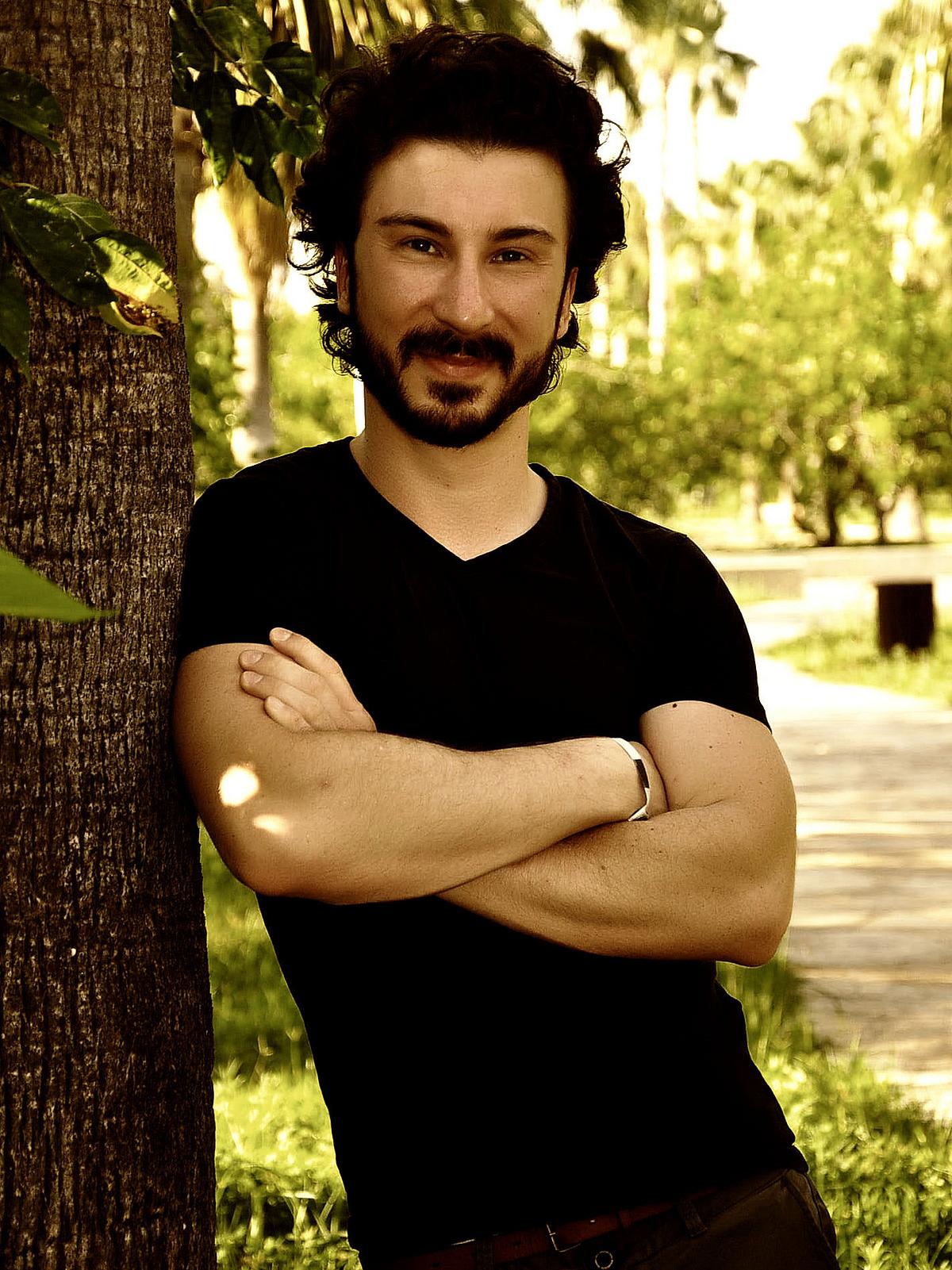
His main research interests are the fundamental mechanisms of brain cells including astrocytes and microglia. The focus is on the effects of xenobiotics and drugs on transport processes and potential therapeutic substances to treat neuroinflammation.
For more information: https://www.uni-bremen.de/en/dringen/lecturer

Frank Dietz is a member of the Kelm lab and is interested in mechanisms underlying non-classical and exosomal protein secretion.
For more information: Glycobiochemistry
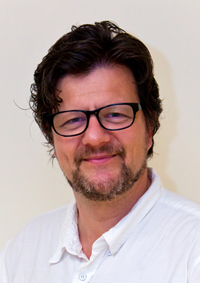

The laboratory of virus research works on the pathogenesis (processes leading to disease) of viral infections and on the interactions between viruses and their host cells. The hepatitis A virus serves as a model, as it is suitable for the investigation of both general viral and virus specific principles and also for the investigation of hepatocellular viral replication.
For more information: Virology
The Dringen neurobiochemistry group investigates basic metabolic processes in brain and the metabolic interactions that take place between different types of brain cells. Aim of our studies is to improve the knowledge on metabolic processes in brain and to elucidate the mechanisms involved in disturbances of brain metabolism that have been connected to neurological disorders.
For more information: Neurobiochemistry
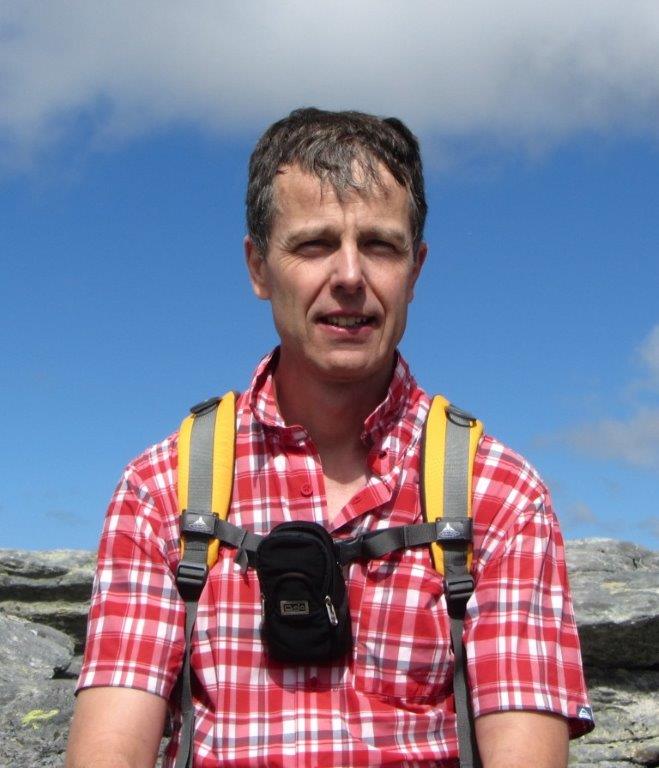
For more information: Microbial Ecophysiology

The Groß-Hardt lab explores the molecular basis of plant reproduction. Key research topics focus on cellular life and death decisions, the mechanisms that build and bypass plant polyspermy barriers and the biological significance of mitochondrial diversity. The team capitalizes on state of the art genetic and molecular engineering tools and collaborates with European leaders in plant breeding to bring their findings to application.
For more information: Molecular genetics
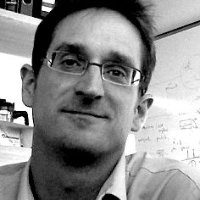
The Harder lab studies chemically mediated interactions and processes in plankton communities, namely between microalgae and bacteria. We culture these microorganisms and study their performance, stress resilience, synergy and metabolic fingerprints. The reciprocal chemical exchange between partners is analyzed by instrumental analytical chemistry, including liquid chromatography, mass-spectrometry and nuclear resonance spectroscopy. The knowledge of chemical drivers of species interactions is useful to understand the susceptibility of these interactions and their ecosystem services under future climatic regimes.
For more information: Marine Chemistry
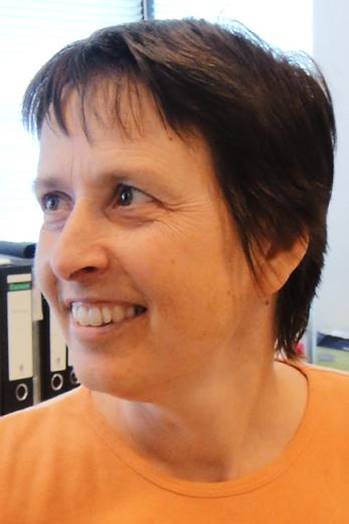
Andrea Krause is a member of the Reinhold lab. Her research interest is to decode the molecular mechanism responsible for the endophytic interaction of the nitrogen fixing Azoarcus olearicus BH72 with rice. The research topic focuses on the understanding of signal cascades involved in ethanol induced gene regulation in Azoarcus olearicus BH72.
For more information: Molecular plant-bacteria interactions
For more information: Molecular plant-bacteria interactions
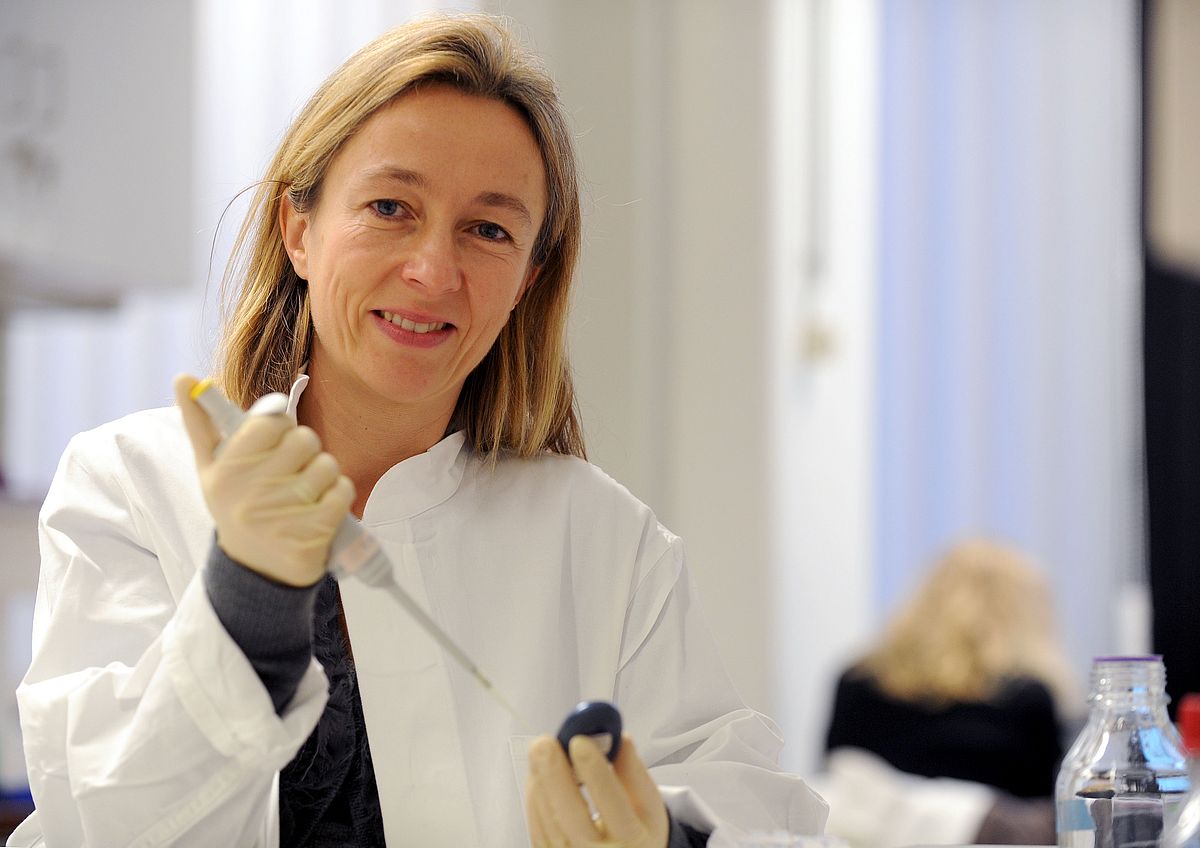
The aim of the Islet Biology Laboratory headed by Kathrin Maedler is to establish novel therapies for diabetes, directed to regeneration, survival and function of the pancreatic β-cell; from cellular and molecular models to preclinical studies. Towards this goal, we have discovered the Hippo pathway as important regulator of β-cell fate and currently develop RNA-based therapies.
For more information: Islet Biology Laboratory
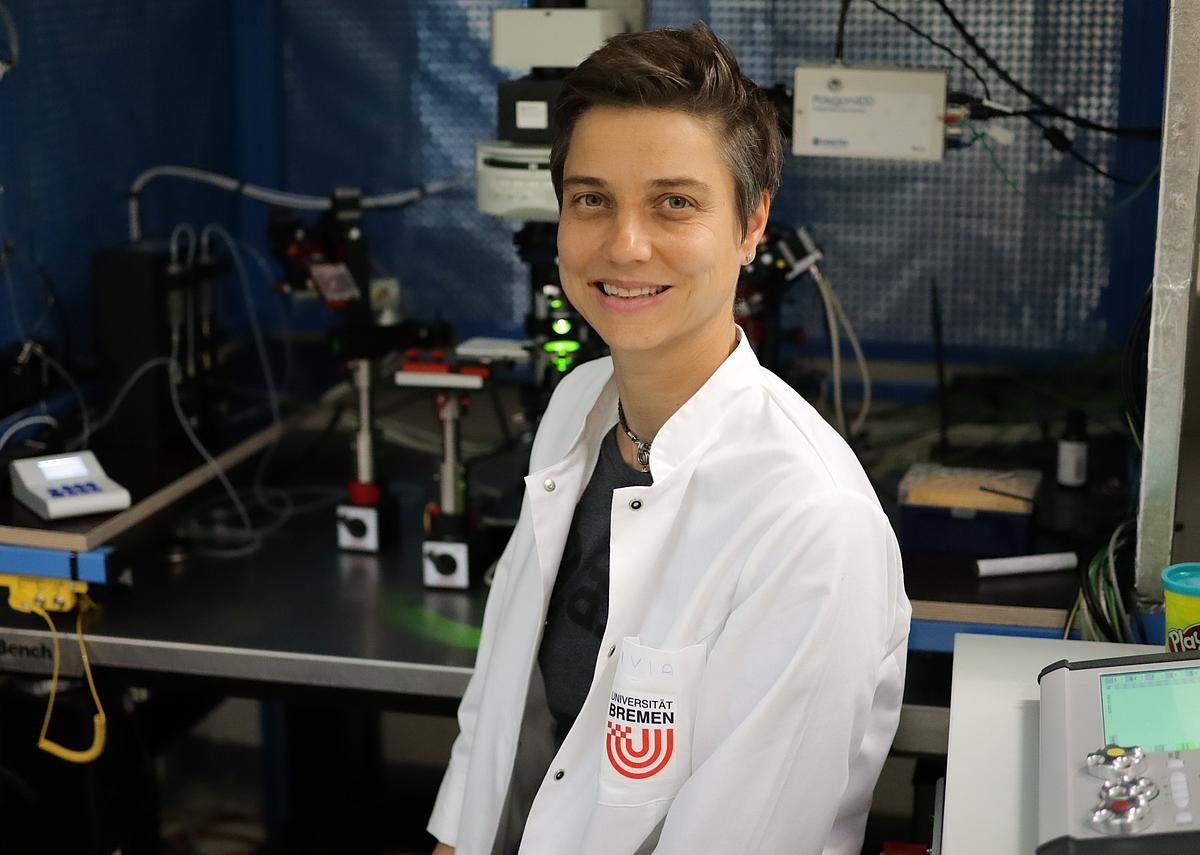
The Masseck labs studies the function of the neuromodulator serotonin (5-HT). 5-HT is involved in many cognitive functions and dysregulation of 5-HT is associated with the development and manifestation of several diseases, such as anxiety and depression. But still the role of 5-HT in the central nervous system is not well understood. Our lab investigates molecular, cellular and network action of 5-HT by combining optogenetics, electrophysiology, calcium imaging and behavioral studies.
For more information: Synthetic Biology
The Nehls lab investigates inter-kingdom communication requested for the establishment of a symbiotic organ and its functional adaptation to enable nutrient and metabolite exchange using poplar together with certain soil fungi as models. Technically spoken we have two research foci: transport processes and visualization of gene regulation and metabolism.
For more information: Botany
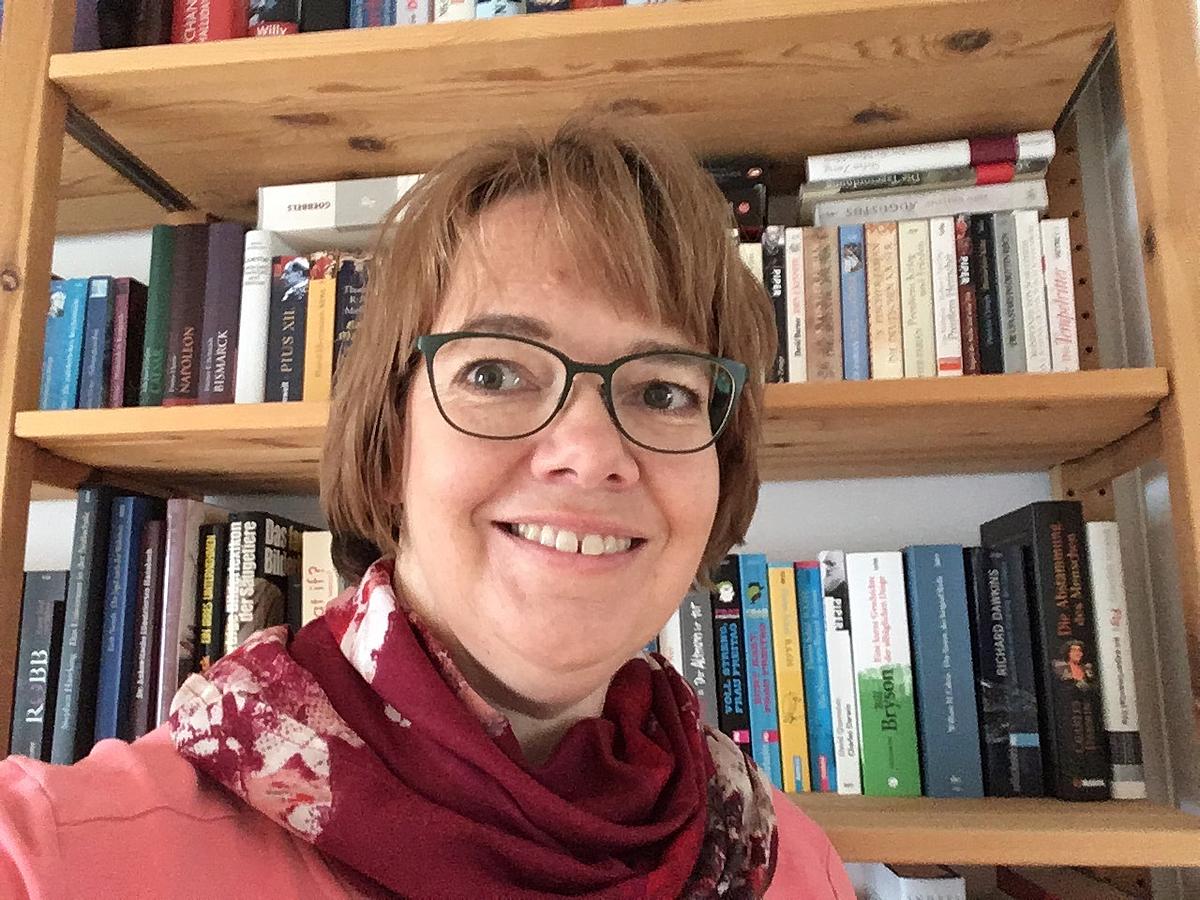
Annette Peter is a member of the Kirstein lab and uses the nematode C.elegans to study the Alzheimer's disease.
For more information: Cell Biology

For more information: Molecular plant-bacteria interactions
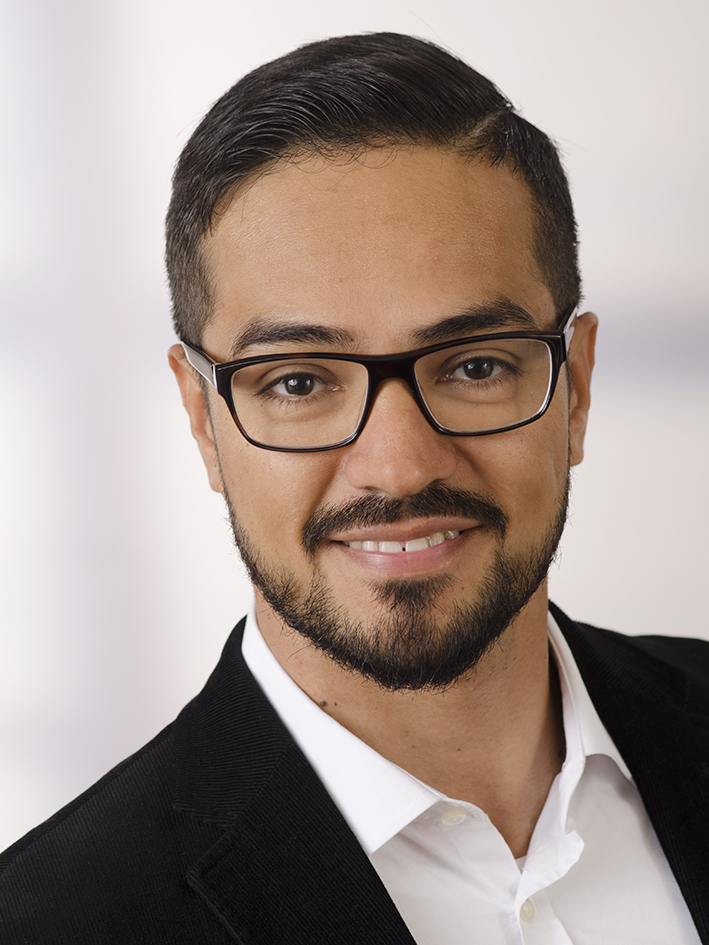
Mario Waespy is a member of the glycobiochemistry group of Prof. Sørge Kelm. His interest focuses on the investigation of the interactions and functions of glycoproteins on a molecular and atomic level by employing several protein biochemical and instrumental analytical methods.
For more information: Glycobiochemistry
Examination and Admission Board
Chairperson: Prof. Dr. Barbara Reinhold-Hurek
- Prof. Dr. Uwe Nehls
- Prof. Dr. Rita Groß-Hardt
- Dr. Annette Peter
- Drishan Dahal (master student)
Additional Board Members
- Prof. Dr. Ralf Dringen
- Dr. Frank Dietz
- Dr. Andrea Krause


